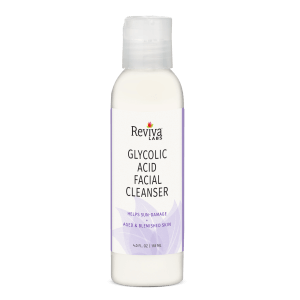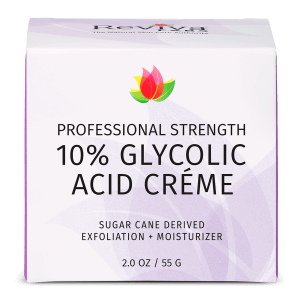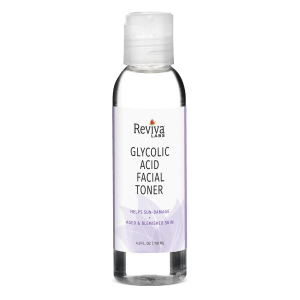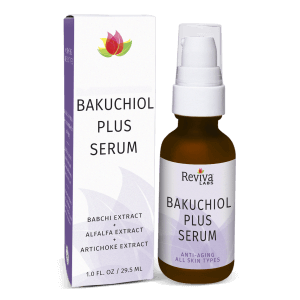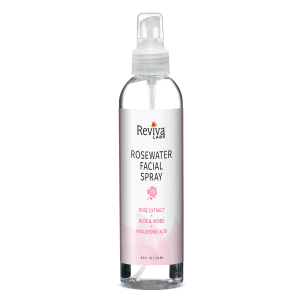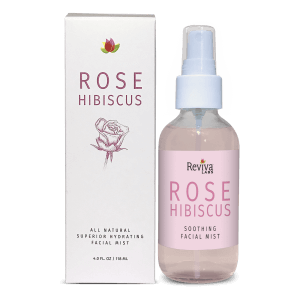When it comes to skincare, scent plays a more significant role than many people realize. While the primary goal of skincare products is to benefit the skin, the experience of using them is also crucial. The scent of a product can evoke a sense of luxury, calm, or even nostalgia, making daily skincare routines more enjoyable. However, the scent of some active ingredients can be off-putting, which is why manufacturers often mask these odors with fragrances.
Why Ingredients Have a Scent
The ingredients in skincare products serve specific functions, whether it’s hydrating the skin, reducing inflammation, or providing anti-aging benefits. However, many of these ingredients have natural odors that can be off-putting. For example, sulfur, often used for its acne-fighting properties, has a strong, egg-like smell. Similarly, certain vitamins and botanical extracts might have earthy, metallic, or even fishy scents. While these scents are a natural byproduct of the active ingredients, they can make the product less appealing to use even if it’s highly effective. To counteract this, fragrances are added to mask these natural scents, creating a more pleasant sensory experience.

The Pros and Cons of Fragrance in Skincare
While fragrances can improve the sensory experience of a product, the use of fragrance in skincare is often seen as a double-edged sword. On one hand, it can enhance the overall user experience, making a product more enjoyable to use. On the other hand, fragrance can be a source of irritation, especially for those with sensitive skin or specific allergies. Synthetic fragrances, in particular, can trigger reactions ranging from mild irritation to severe allergic responses. Even natural fragrances, like essential oils, can be problematic for some people.
Moreover, fragrances can sometimes interfere with the skin’s natural balance, leading to issues like redness, dryness, or breakouts. For this reason, many dermatologists advise those with sensitive or reactive skin to avoid fragranced products altogether. Despite the benefits of masking unpleasant smells, the potential risks associated with fragrance in skincare products should not be overlooked.
Can Skincare Products Be Unscented?
It’s important to clarify that “unscented” doesn’t necessarily mean that a product is free of fragrance. In fact, unscented products often contain masking agents that neutralize the odors of other ingredients. These masking agents don’t add a noticeable scent but work to make the product more neutral. This can be beneficial for individuals who want to avoid the potential irritants found in fragranced products but still prefer a product that doesn’t smell unpleasant.
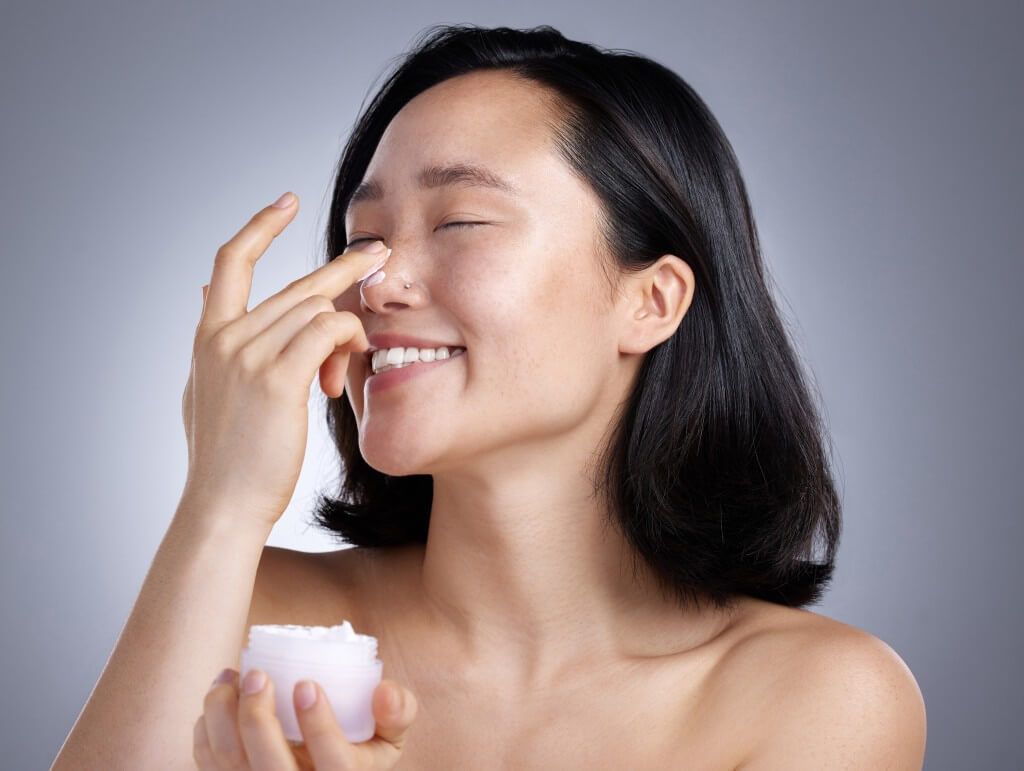
On the other hand, “fragrance-free” is a term used to indicate that no additional fragrance or masking agents have been added to the product. Fragrance-free products may still have a slight scent, depending on the ingredients used, but this is purely the natural smell of the raw materials. For those with highly sensitive skin or fragrance allergies, truly fragrance-free products are often the best option.
The Shift Toward Fragrance-Free Options
As awareness of skin sensitivities and allergies grows, the demand for fragrance-free and unscented products is likely to increase. Consumers are becoming more educated about the potential downsides of fragrance in skincare, leading to a shift towards more minimalist formulations. Brands are responding by offering a wider range of fragrance-free products, allowing consumers to choose what best suits their skin’s needs.
At the same time, advances in formulation technology may make it easier to create effective products without relying on traditional fragrance ingredients. New techniques in scent neutralization and the development of less irritating masking agents could lead to a future where the compromise between efficacy and scent is less pronounced.
Understanding Ingredient Labels
Navigating ingredient labels can be tricky, especially when it comes to fragrances. Terms like “parfum” or “fragrance” can represent a cocktail of various chemicals, some of which may not be listed individually. If you’re looking to avoid fragrances altogether, it’s essential to know what to look for on labels. Seek out products labeled “fragrance-free” rather than “unscented,” as the latter may still contain masking agents. If you have specific sensitivities, it may be worthwhile to consult with a dermatologist to find products that are compatible with your skin
As the skincare industry continues to evolve, so too will the options available to consumers. Whether fragranced or fragrance-free, the best products are those that align with your skin’s needs and your personal preferences.







